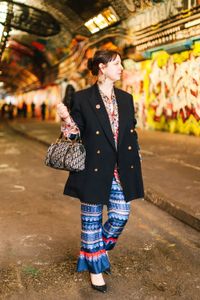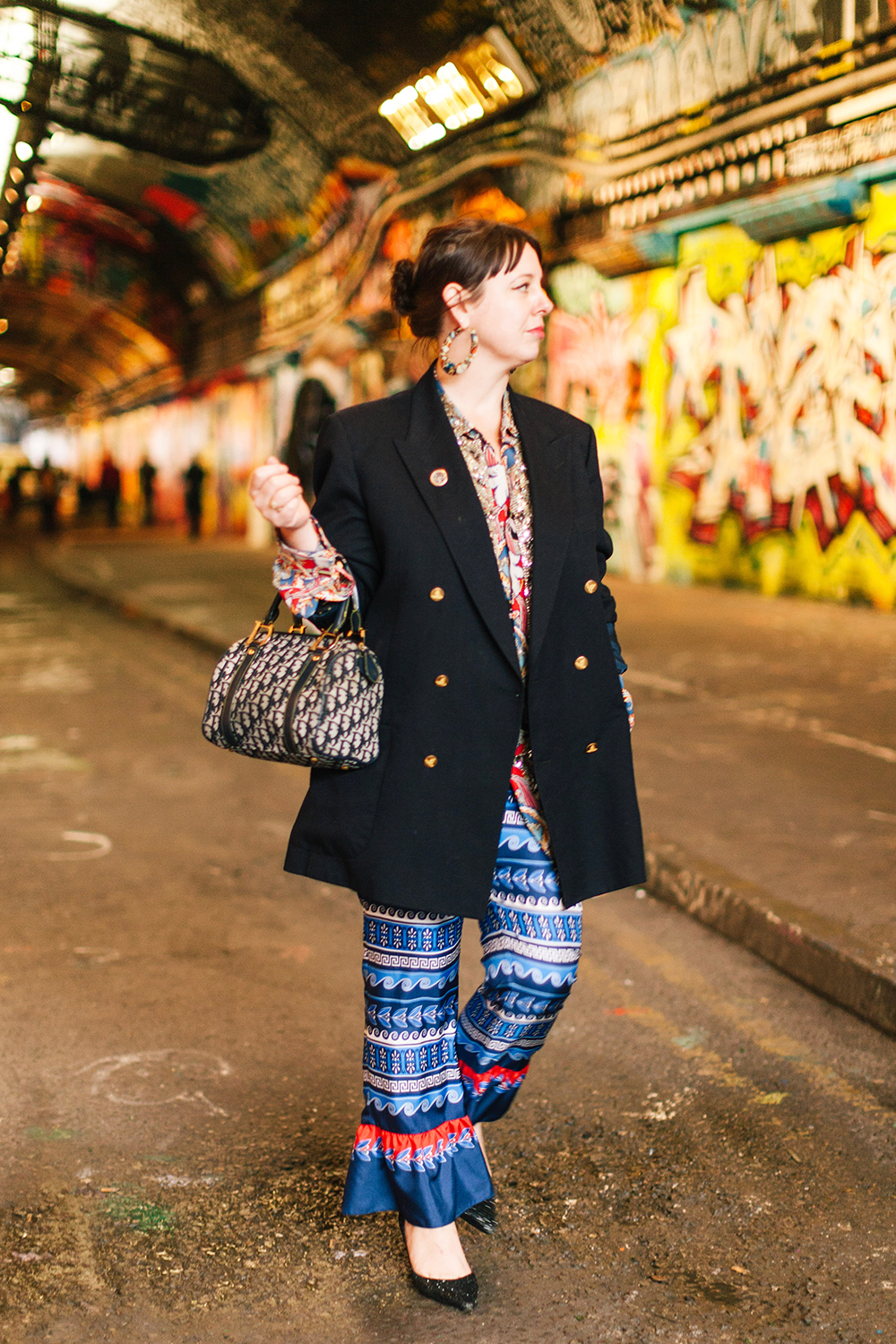Kering's 10 years of fighting anti-women violence (not just making fab clothes)
The Kering Foundation is 10 years old! The owners of Gucci and Saint Laurent do a lot more than set catwalk trends…here’s how they’re combating violence against women - and the partner organisations doing amazing things
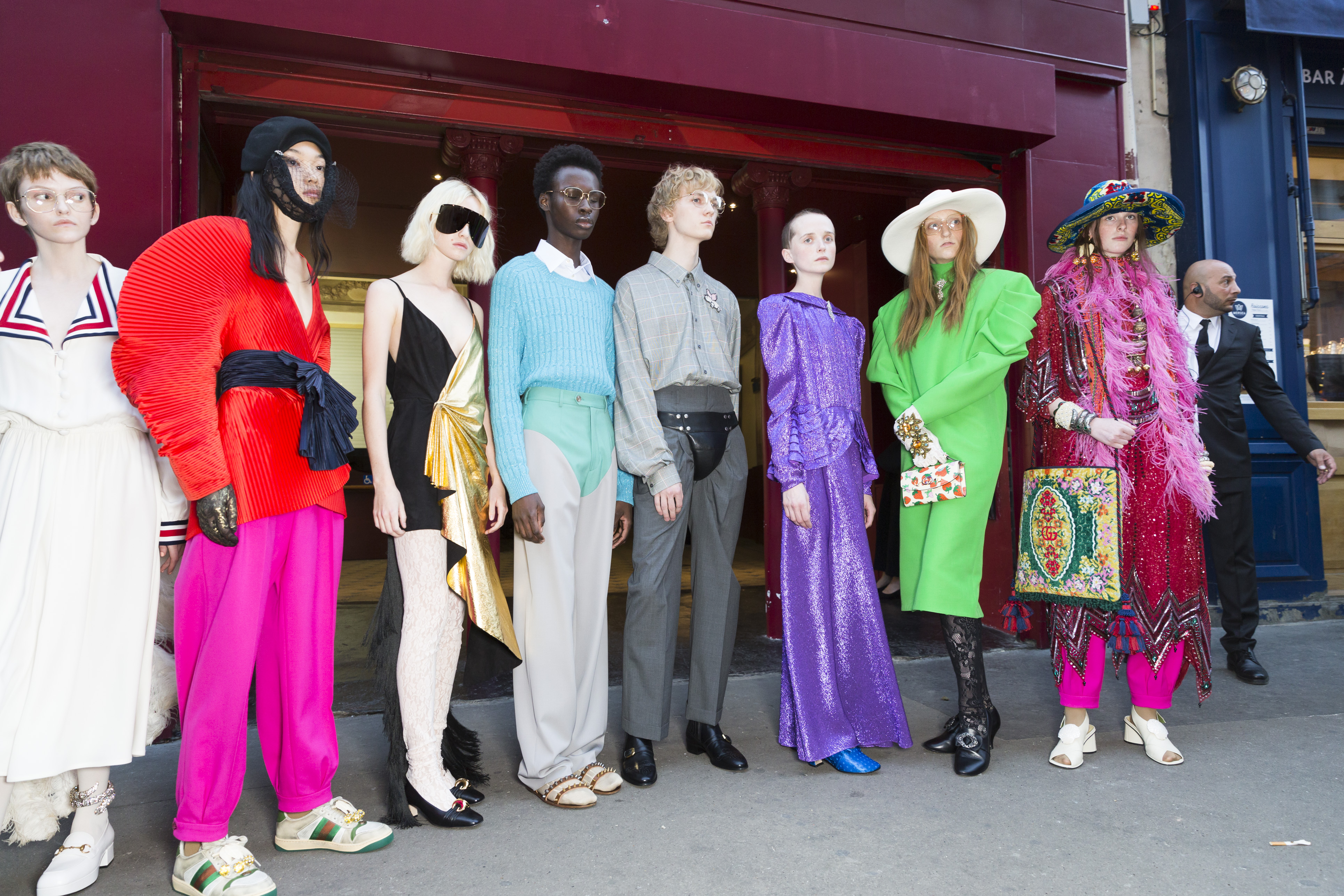
Celebrity news, beauty, fashion advice, and fascinating features, delivered straight to your inbox!
You are now subscribed
Your newsletter sign-up was successful
The Kering Foundation is 10 years old! The owners of Gucci and Saint Laurent do a lot more than set catwalk trends…here’s how they’re combating violence against women - and the partner organisations doing amazing things
The designer group Kering owns some of the world’s hottest brands – Gucci, Saint Laurent and Balenciaga to name a few – and produces some of the world’s most fashion-forward clothes. But the luxury group, headed by CEO Francois-Henri Pinault (or Monsieur Salma Hayek, as he’s known in certain circles), is also trend-setting in another, even more important, way.
Mr Pinault and Kering take their social and ecological responsibilities seriously – devoting significant resources to finding new ways to make their brands more sustainable, and funding studies and an open-source system that allows the industry as a whole to share information on issues around sustainability. One of the company’s biggest achievements is its charity arm, The Kering Foundation, which celebrated its 10th birthday with a cocktail reception in Paris last week. It was set up in 2008 with the specific aim of combating violence against women – an issue that impacts 1 in 3 women worldwide. At the event, Mr Pinault (bel0w) shared his pride at the work already done: “For the past 10 years, we have contributed to weakening the taboo around violence against women by openly addressing it in our awareness campaigns.” Looking to the next decade, he said: “We will continue the fight. I want The Kering Foundation to explore new fields of action. Prevention, for example, by raising awareness among men about violence against women. I also keep in mind the fate of children, who are often direct or indirect victims of this violence.”
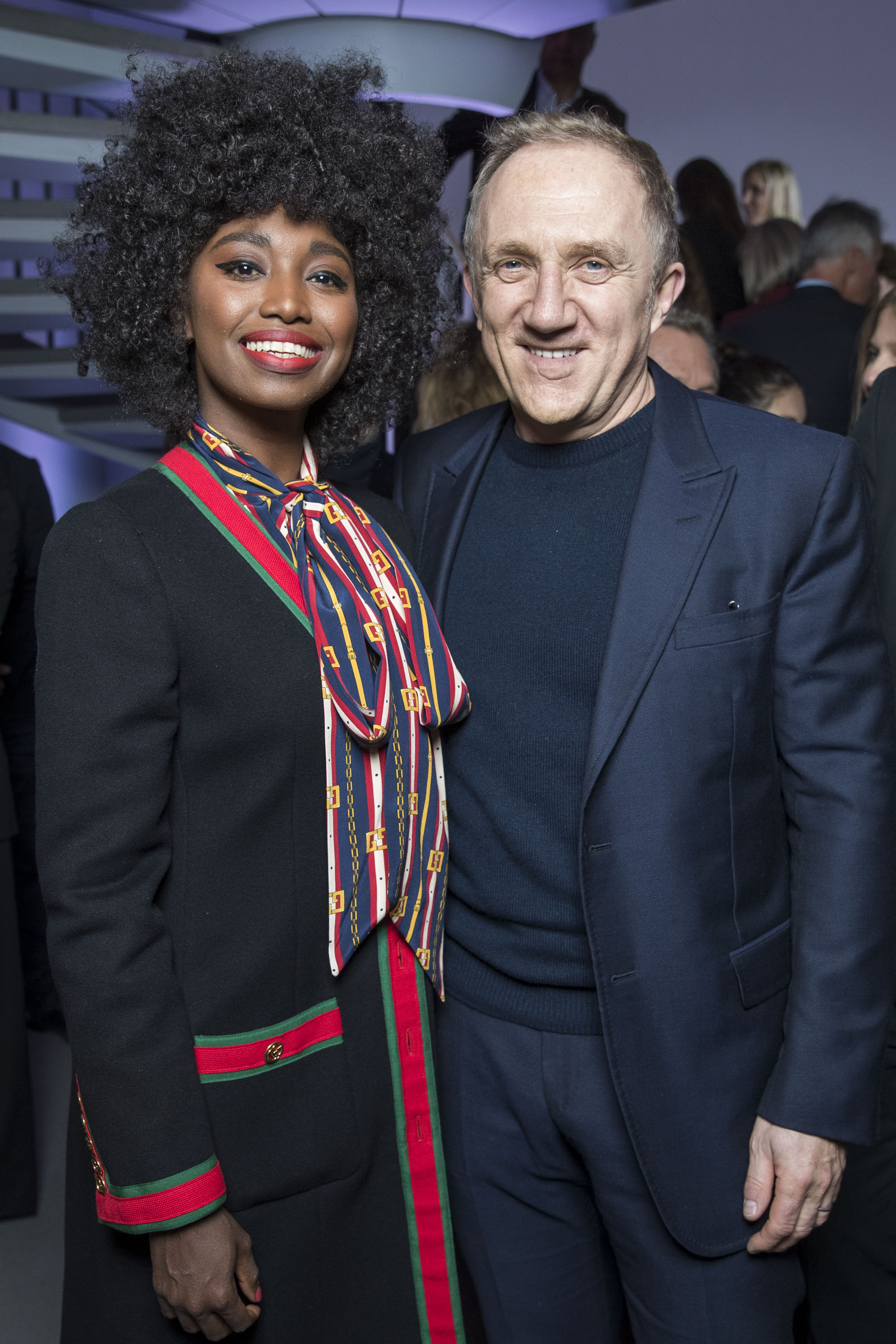
Over the last decade, they've worked with NGOs and grassroots initiatives that aim to prevent and tackle anti-female violence, everywhere from the UK to France, Italy, South America and China. The company launched the White Ribbon campaign in 2012 to raise awareness of the subject. Previous campaigns have starred Kering designers including Christopher Kane, Stella McCartney and Gucci’s Alessandro Michele (below)
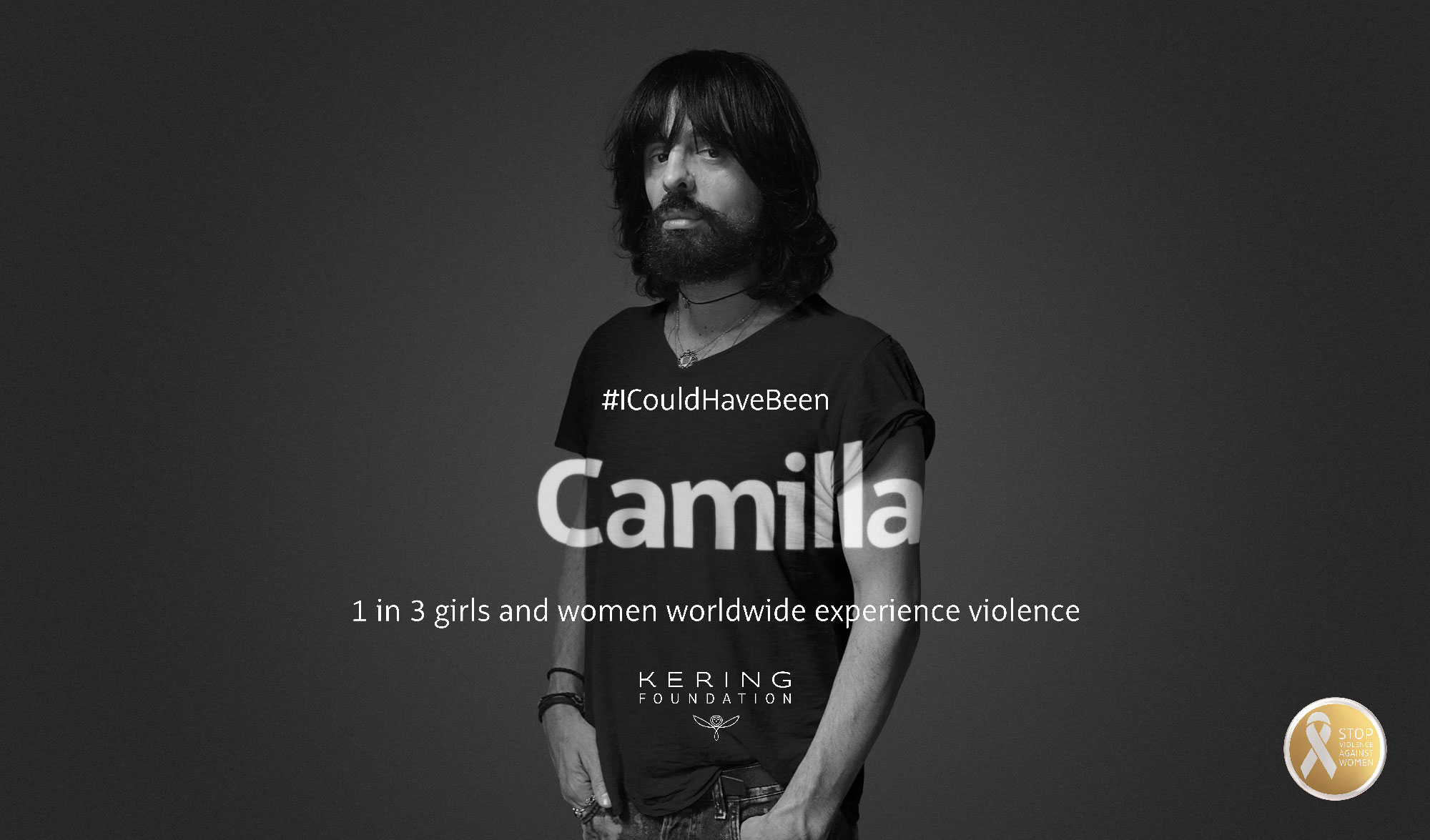
This year’s has just been unveiled – and will target younger ‘Gen Z’ consumers and the issue of cyberbullying, with accompanying hashtag #IDontSpeakHater. Women are 27 times more likely to be bullied online than men.
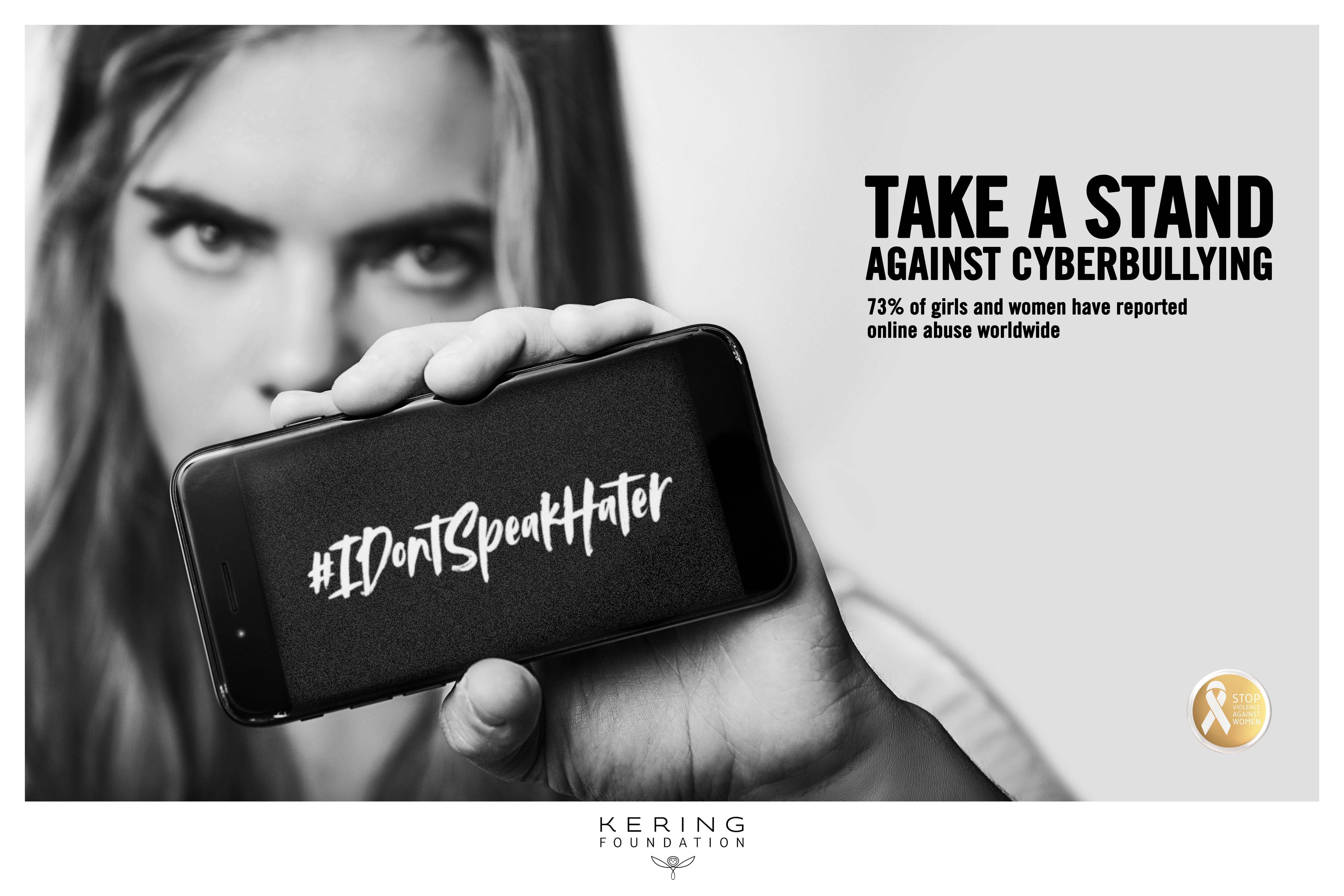
Here, the Foundation's Executive Director Celine Bonnaire (below) tells us about the successes of the charity so far – and what they’re planning next.

“We favour an approach that focuses on partnership, and work closely with a limited number of partners. I’m very proud of one of our NGO partnerships, with ‘La Maison des Femmes’, a haven based in France's Saint Denis, that offers care and medical, psychological, and emotional support to vulnerable women. It’s particularly dear to my heart as we co-built it with other foundations, mixing private and public funding. “
Celebrity news, beauty, fashion advice, and fascinating features, delivered straight to your inbox!
Another achievement Bonnaire is especially proud of is the Foundation’s work to combat domestic violence, via the workplace. Working with specialist organisations – Womens’ Aid in the UK, NNEDV in the US, Solidarite Femmes in France and D.i.Re in Italy – they’ve designed training sessions for employees on the impact of domestic violence at work, and making the workplace a supportive environment for survivors. Kering have put their money where their mouth is (so to speak) – since 2010, over 1,200 Kering staff have attended sessions, including the Group’s Executive Committee.
Bonnaire remembers meeting a woman whose life had been directly affected by the work of the Foundation: “She was a mother of three who had flown from Algeria to escape domestic violence. She was a lawyer there but once in France, she couldn’t work, had no papers, and had to cope with her three little kids as well as her trauma from violence. And from time to time, with the ex-husband who was ‘visiting’ her in France. This could happen to any of us. Owing to her courage and the support she received at La Maison des Femmes, she rebuilt her life, got her papers, and stabilised her situation.”
Bonnaire is also excited about innovative new developments in the field. Last June, seven social entrepreneurs were awarded a six-month incubation programme, with two years of Kering mentorship and a grant. Hera Hussain of Chayn closes the critical information gap to help domestic abuse survivors, especially younger women from immigrant populations, find safety with crowd-sourced, expert-informed online resources.
Callisto, launched by Jessica Ladd, is an online reporting system for sexual assault survivors that can detect any serial sexual predator in the United States. The safe and secure platform means survivors are five times more likely to report an assault and do so three times faster than the national average.
She also believes it’s time to work not just with the victims themselves, but with men and boys to combat violence against women. “We partnered with an organisation called Promundo and its programme Manhood 2.0, which tackles how gender norms harm young men and women; it engages young men in recognising some of the harmful ideas around ‘masculinity’ that can have negative consequences on health, relationships, sexual violence, bullying and mental health.”
So what would she like to see more of, when it comes to fellow fashion companies? “I’m convinced it’s important for any industry and company to tackle the issue of violence against women by talking about it, making sure the workplace is a safe and supportive environment for survivors and promoting gender equality.”
We can all get on board with that…
